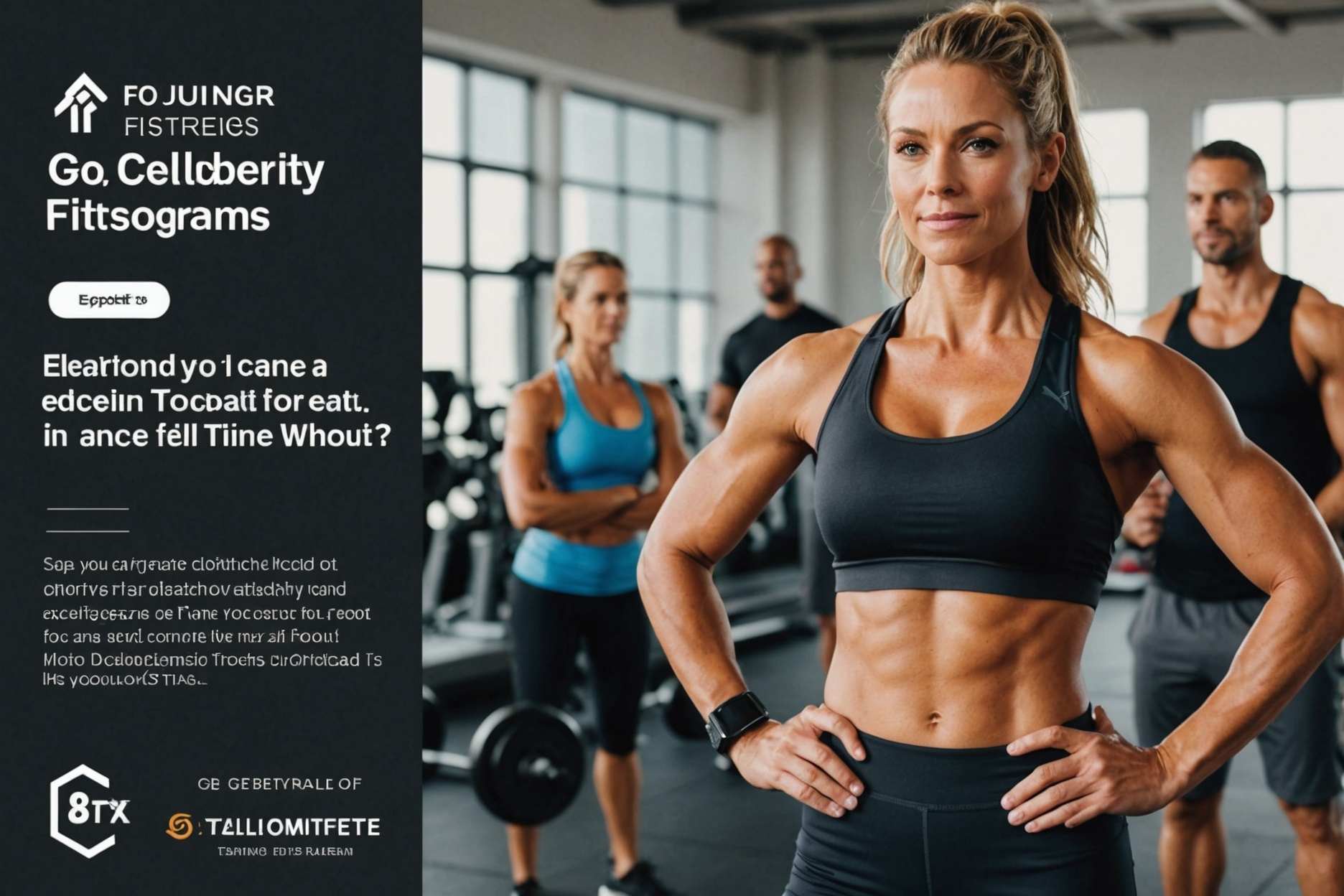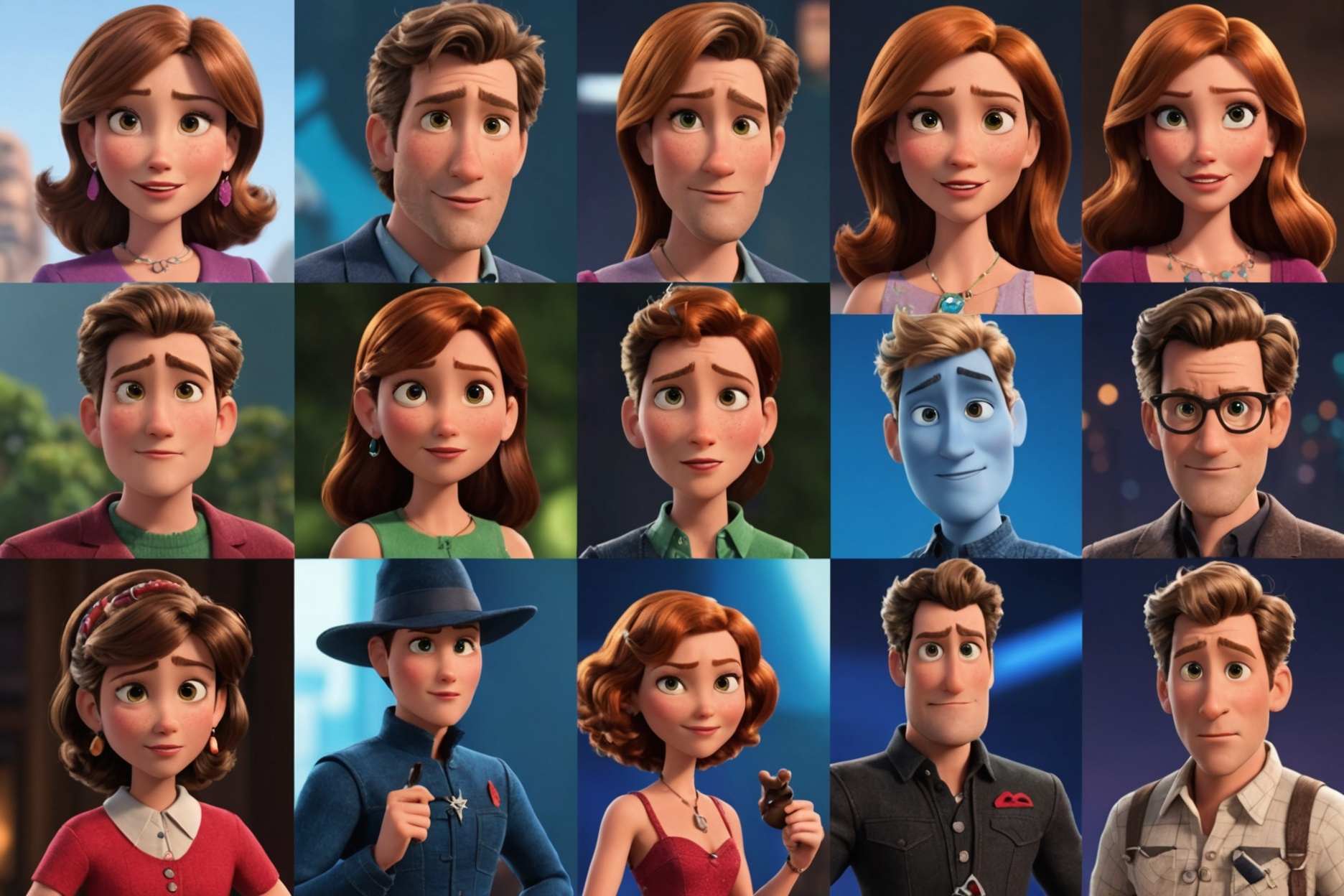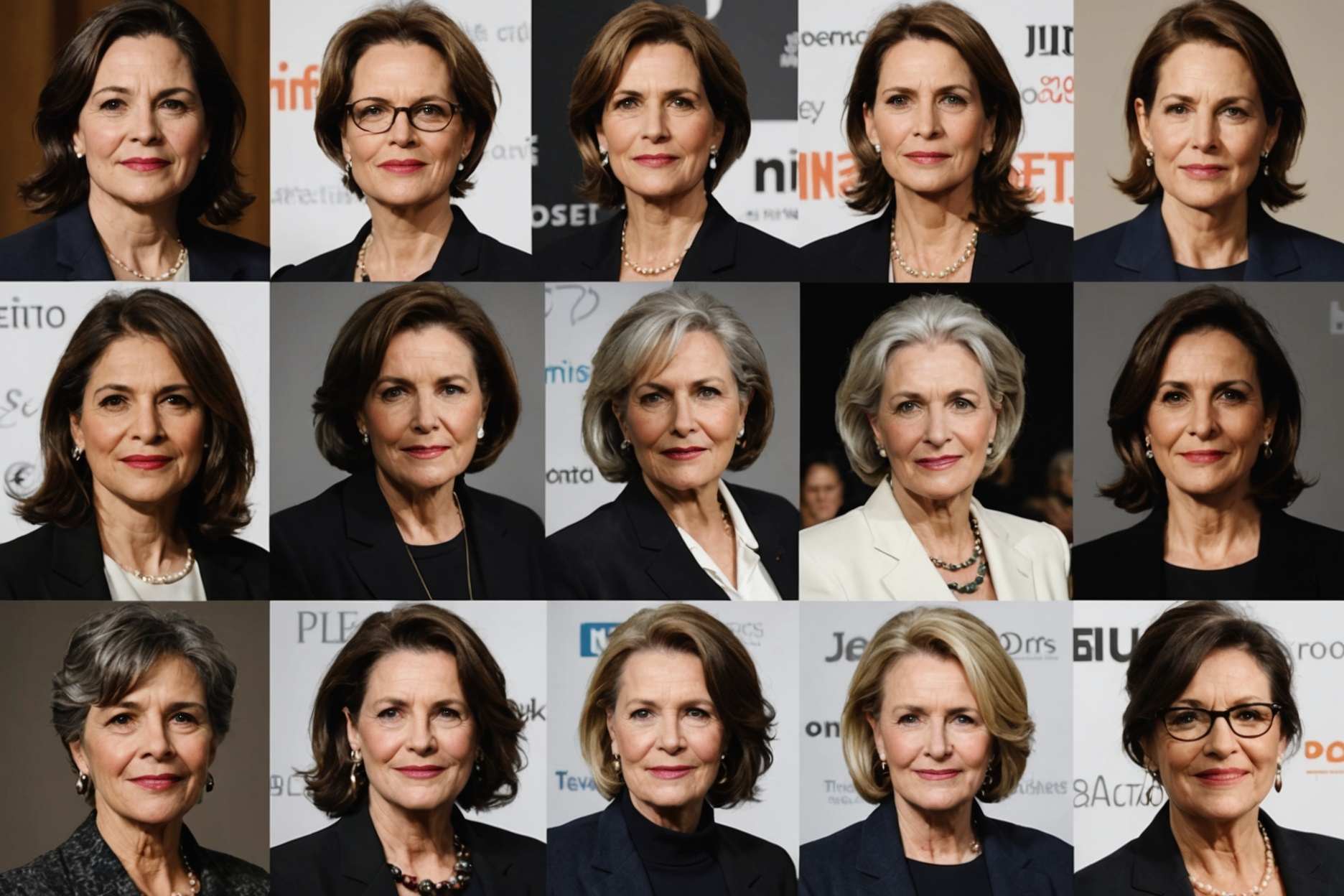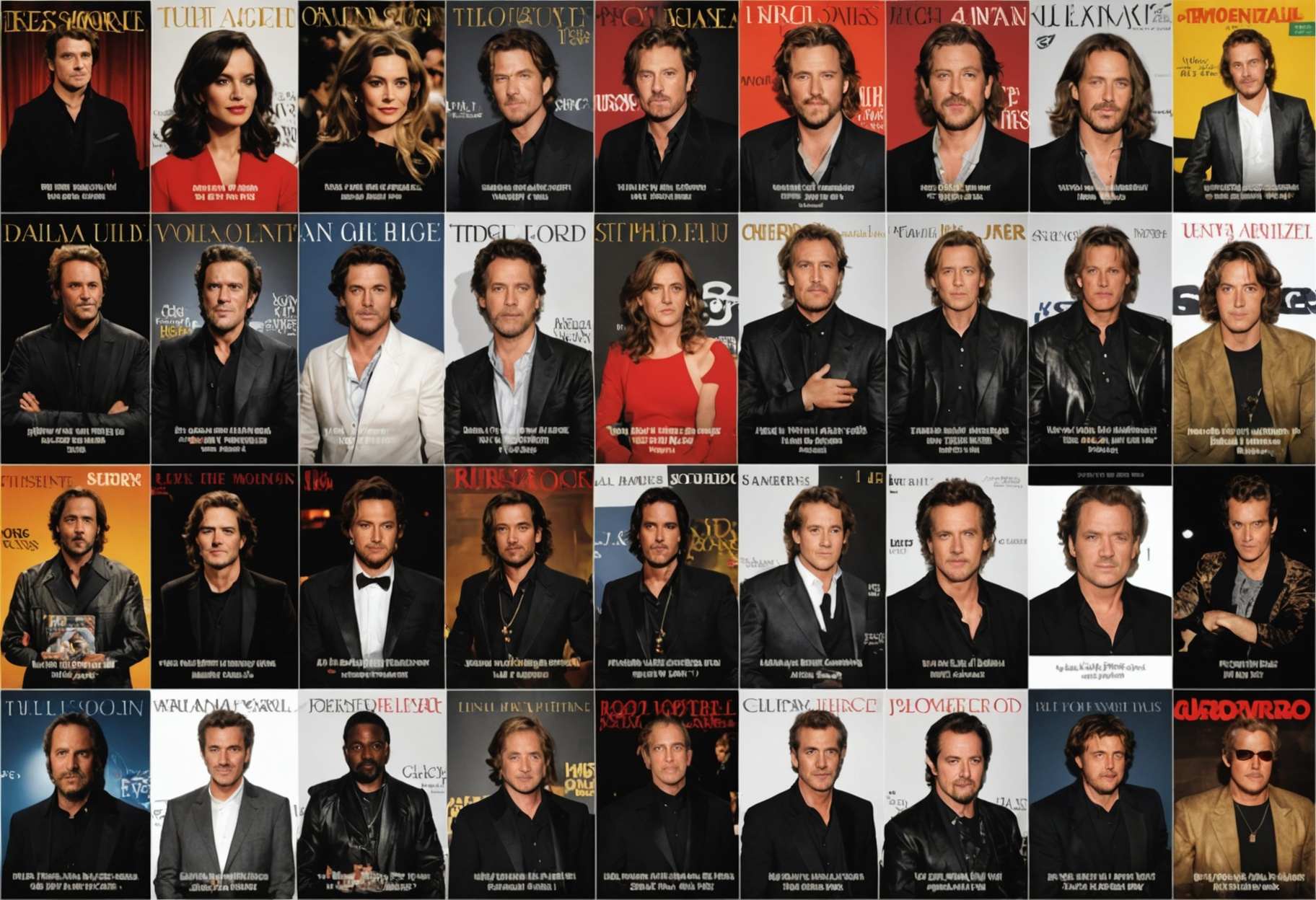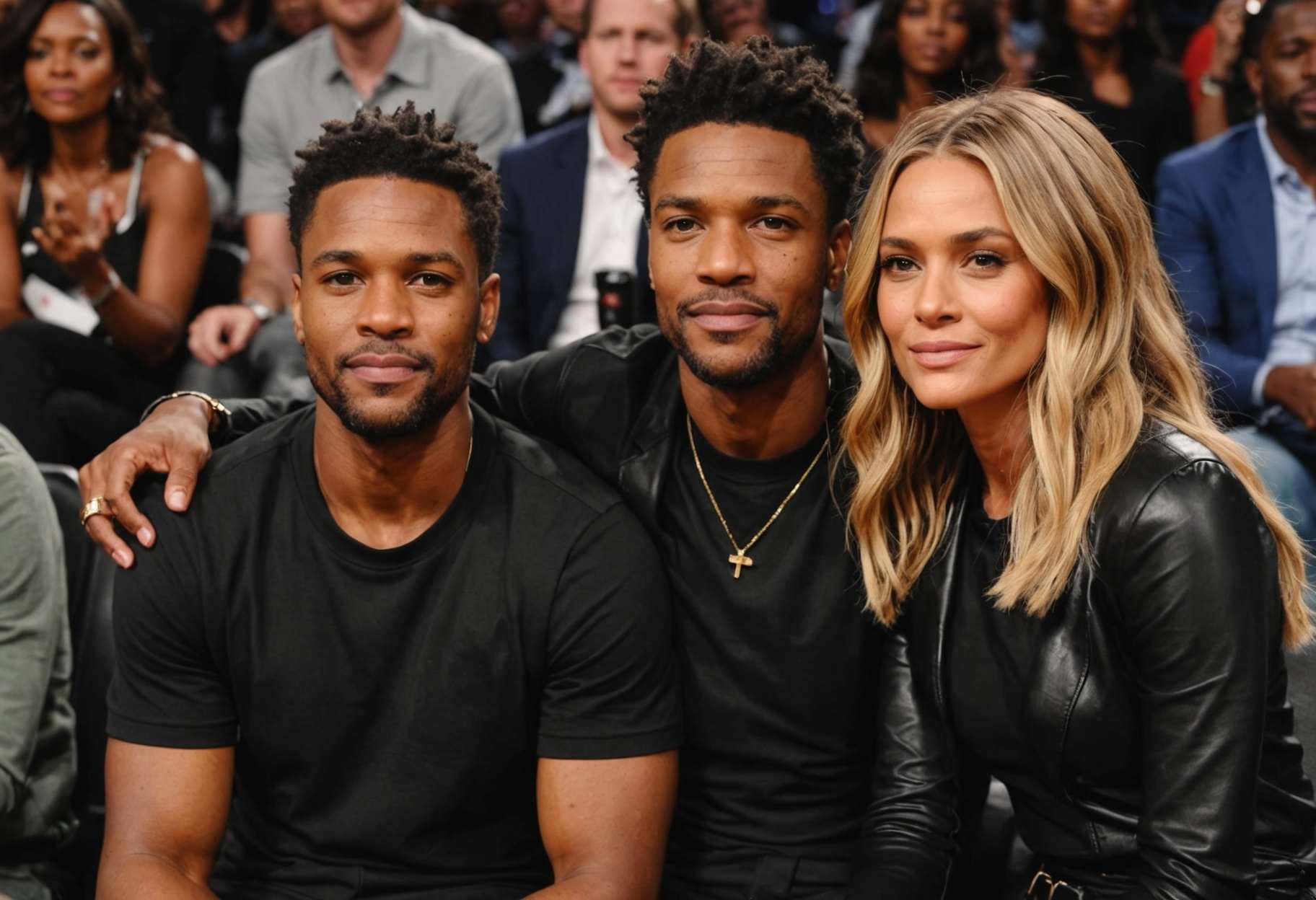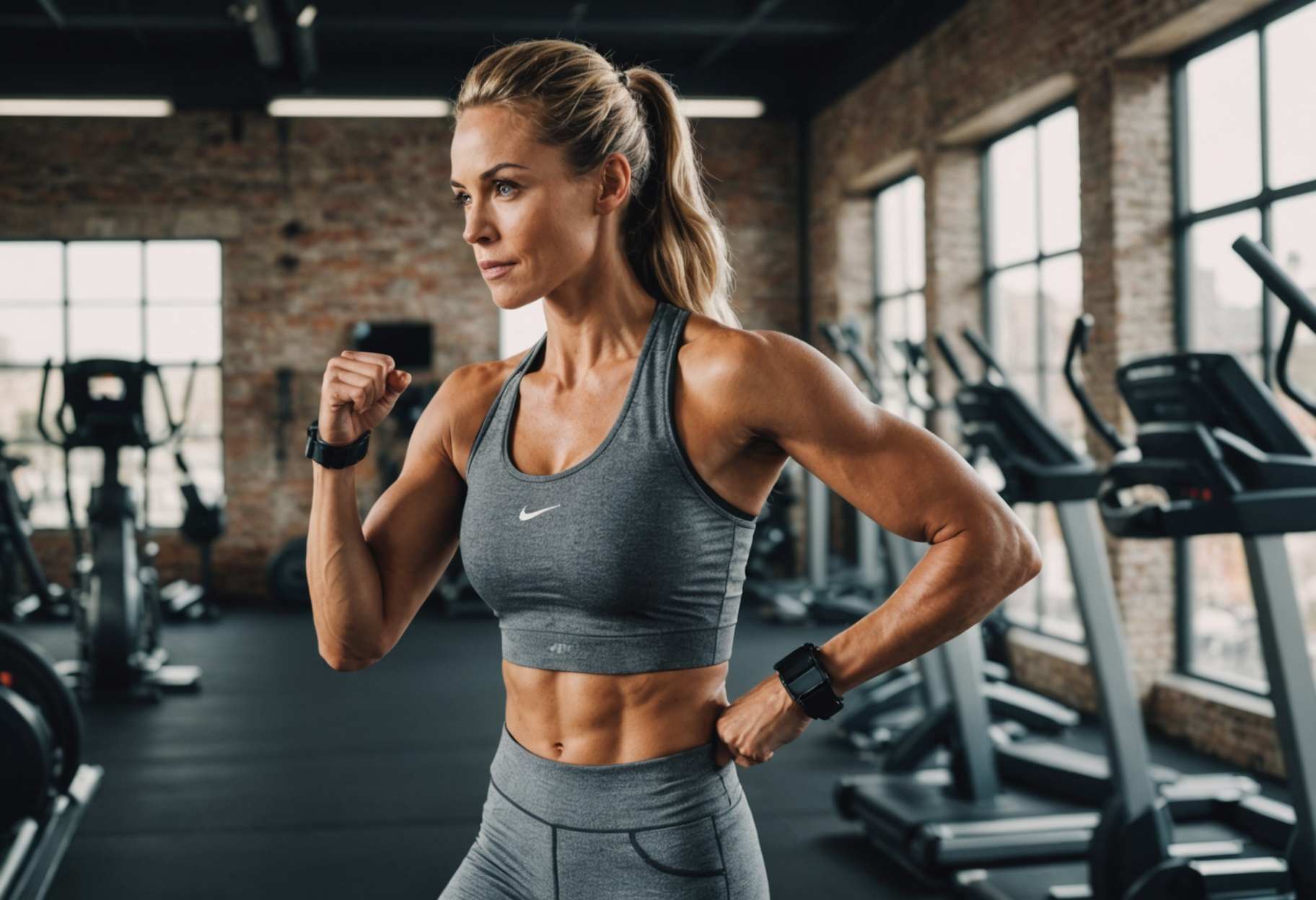- CONTACT US
- AFS
- Business
- Bussiness
- Car
- Career
- Celebrity
- Digital Products
- Education
- Entertainment
- Fashion
- Film
- Food
- Fun
- Games
- General Health
- Health
- Health Awareness
- Healthy
- Healthy Lifestyle
- History Facts
- Household Appliances
- Internet
- Investment
- Law
- Lifestyle
- Loans&Mortgages
- Luxury Life Style
- movie
- Music
- Nature
- News
- Opinion
- Pet
- Plant
- Politics
- Recommends
- Science
- Self-care
- services
- Smart Phone
- Sports
- Style
- Technology
- tire
- Travel
- US
- World
- エンタメ
- スポーツ
- 科学
- 経済

For decades, Eric Vetro has been Hollywood’s secret weapon — the man behind some of its most iconic voices. The Grammy-nominated vocal coach has guided everyone from Ariana Grande and John Legend to Timothée Chalamet and Reese Witherspoon, preparing them for the kinds of performances that define careers. If you’ve heard a showstopping high note or a biopic singer who sounds impossibly authentic, chances are Vetro was in the room.
But right now, his work is most visible in Wicked: For Good, the second installment of the blockbuster musical adaptation. Grande — a student he’s worked with since she was a young teen — returns as Glinda, delivering the crystalline soprano and emotional precision that earned her an Oscar nomination. Her transformation into the Good Witch didn’t happen overnight; it’s the result of years of discipline, trust and technical evolution guided closely by Vetro. He also helped craft the buoyant, effortless tone of Jonathan Bailey’s Fiyero, ensuring both performances feel as magical as they look onscreen.
Still, Wicked is only one chapter in Vetro’s far-reaching career. His influence stretches across generations — from Bette Midler to Gen Z stars like Benson Boone and Addison Rae — and he has helped actors like Jeremy Allen White, Austin Butler and Renée Zellweger embody musical legends onscreen. In this interview with Yahoo’s Taryn Ryder, Vetro reflects on his work, the years-long evolution of Grande’s voice and the student he calls “the Judy Garland of our time.”
Guiding Ariana Grande and Jonathan Bailey through Wicked
I’ve known Ariana since she was 13 — before Nickelodeon, before Victorious. I used to give her lessons over Skype from Los Angeles to Boca Raton. From day one, she was one of the most diligent, hardworking and wildly talented people I’d ever met. She’s always been that way. What’s evolved is how much she’s grown because she works at growing. She’s constantly challenging herself to be better — and that’s what makes her so extraordinary.
We’ve talked about Wicked for years. It was her dream role. She used to say, “Someday, I just want to be part of that movie.” So when it finally happened, it felt almost surreal — joyful in a way that’s hard to describe. Watching her walk into that world, where she could use everything she’s learned over the years, was an emotional experience for me.
Vocally, the process was intense. Ariana wanted to sing as Glinda with complete authenticity. Not an impersonation of the Broadway version but her own take on the character. She could’ve mimicked that sound easily; she can impersonate anyone. But she wanted to be Glinda, to live in that high soprano voice naturally. So we worked for months developing that part of her instrument — expanding the fullness of her upper register, finding an operatic resonance that still felt connected to her. She already had the range, but now those top notes bloom with this effortless, radiant quality.
She also has the kind of pitch that’s almost shocking. I can introduce a new exercise, and she’ll pick it up instantly, perfectly in tune, every time. That’s rare. In today’s world, where so much is “fixed in post,” Ariana doesn’t need it. What you hear is her.
And she’s fun — genuinely fun to work with. The most talented people usually are: They’re smart, curious, creative and have a great sense of humor. She brings that same energy to the room. She’d try "Popular" in 20 different comedic styles, just so the director had choices. She wanted to be overprepared.
People often talk about “Ariana’s real voice,” and I always laugh a little. She has many voices — a deeper, sarcastic one, a higher speaking tone she uses to protect her cords and layers in between. When she was on Nickelodeon as Cat Valentine, the character voice wasn’t easy on her vocal cords. I loved that character, but hearing her use her voice that way drove me crazy as her coach. I was very happy when that period ended.
The first time I saw her as Glinda — especially her entrance in the bubble, hitting those big, glorious high notes — I had to hold back tears. In a private screening, I let myself cry, but at the premiere I was trying not to look like I’d been sobbing. It was just pure joy watching her live out that dream.
Working with Jonathan Bailey was equally special, but in a very different way. He’s so much more than “Sexiest Man Alive.” He’s intelligent, thoughtful, funny and deeply compassionate — the kind of person who cares about the world and the people in it.
Because he was splitting time between Bridgerton and Fellow Travelers, our focus was on keeping his voice healthy and effortless for “Dancing Through Life.” That song can’t sound strained; Fiyero starts the story as someone light and carefree, and his singing has to reflect that. We worked on making his sound as easy and natural as possible, so he could dance, move and sing all at once without losing that charm. He brought a beautiful complexity to the role that I can’t wait for audiences to see in Part Two.
How I approach the voice — and the people behind it
When actors like Jeremy Allen White, Timothée Chalamet or Austin Butler come to me for singing roles, we start from zero — just as students. First, they learn their own voice: how to breathe, how to place sound, how to trust what they hear. Only then do we start shaping the character’s voice — Bruce Springsteen, Bob Dylan, Elvis. My philosophy is simple: No one wants to see an impersonation. The goal is to capture the essence of that person so fully that audiences forget they’re watching Jeremy or Timothée at all.
I’ll never forget the day Jeremy sang “I’m On Fire.” His posture shifted, his face changed — and suddenly I got chills. He was Bruce in that moment. Those are the moments you chase as a teacher.
Whether it’s Jeremy or Ariana, Bette or Renée, the common denominator is work ethic. The artists who last are the ones who stay open, keep learning and practice relentlessly. They may get insecure like anyone else, but instead of spiraling, they ask, “Show me how to fix it.” That’s what separates the greats from the rest.
With social media stars like Addison Rae, it’s similar. People might think of her as a “TikTok dancer,” but she’s a deeply creative person who visualizes everything — her sound, her look, her world. In another era, she would’ve been a Disney or Nickelodeon star. Now artists build their own platforms. The medium has changed, not the ambition.
In all cases, honesty is my approach. I tell people the truth — never to be harsh but to help. If they know you care, they’ll take the note. Occasionally, someone can’t. I once gave a small correction after a sound check, and I could see immediately the person was done for the day. (No, I don't want to say who.) Maybe she’d had a bad morning, maybe something else had happened. I try not to judge. We all have off days. But if someone truly doesn’t want honesty, I’m not the right teacher for them.
Reflections, gratitude and the long game
When someone I coach wins or gets nominated for an Oscar or Grammy, of course it’s thrilling. It means I did my job. But I try not to live for those moments. Awards are wonderful, but they’re fleeting. Only one person wins; many deserve it. I focus on doing the best work I can each day with whoever’s in front of me. The rest is extra.
If I could have coached anyone from the past, I’d say Frank Sinatra for his control and confidence, Billie Holiday for her emotional truth and Judy Garland for her vulnerability and magic. I always tell Ariana she’s my Judy Garland — the Judy of this generation. There’s that same rare mix of discipline, emotion and electricity. And like Judy, Ariana’s one of those once-in-a-lifetime voices.
I’ve been fortunate to brush against those legacies in other ways — Renée as Judy, Austin as Elvis, Jeremy as Bruce — so in a sense, I have worked with them. That’s what I love about my job. I get to help great artists find their voices and, in the process, keep learning from them too.
LATEST POSTS
- 1
 Setbacks in Texas and elsewhere put Republicans' redistricting hopes in doubt as key deadlines loom
Setbacks in Texas and elsewhere put Republicans' redistricting hopes in doubt as key deadlines loom - 2
 Charli xcx teases new film ‘The Moment’: What to know about the A24 movie
Charli xcx teases new film ‘The Moment’: What to know about the A24 movie - 3
 Astonishing interstellar comet captured in new images by NASA Mars missions
Astonishing interstellar comet captured in new images by NASA Mars missions - 4
 Reporter's notebook: Inside the IDF’s ‘Hamas Village,’ and how Israel is rewriting urban warfare
Reporter's notebook: Inside the IDF’s ‘Hamas Village,’ and how Israel is rewriting urban warfare - 5
 Israel's haredi draft crisis: Court ruling and political stalemate reach breaking point
Israel's haredi draft crisis: Court ruling and political stalemate reach breaking point
 Manual for Big name Work out schedules
Manual for Big name Work out schedules 5 VIP Voice Exhibitions in Energized Movies
5 VIP Voice Exhibitions in Energized Movies 'All Her Fault' ending explained: The shocking conclusion to the psychological thriller inspired by true events
'All Her Fault' ending explained: The shocking conclusion to the psychological thriller inspired by true events Vote In favor of Your #1 Compelling Female Producer
Vote In favor of Your #1 Compelling Female Producer What really happens when 140 reality stars come face to face with their biggest fans
What really happens when 140 reality stars come face to face with their biggest fans This ‘CSI: Miami’ star spent years solving crimes on TV. Then she became the target of one herself.
This ‘CSI: Miami’ star spent years solving crimes on TV. Then she became the target of one herself. Surveys of Music Collections by Film Stars
Surveys of Music Collections by Film Stars 5 Superstar Couples That Motivate Relationship Objectives
5 Superstar Couples That Motivate Relationship Objectives Manual for Big name Work out schedules
Manual for Big name Work out schedules





